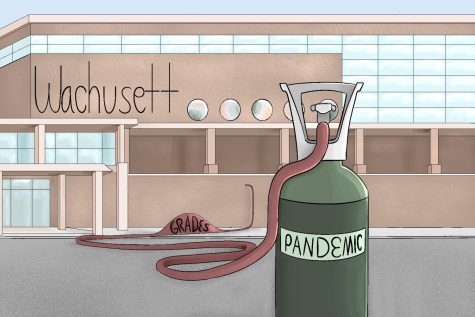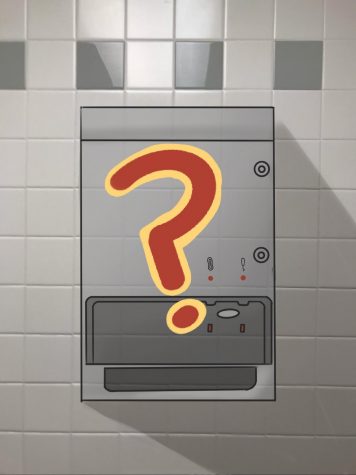Parental pressure pushes students unnecessarily
Each and every child has a different style of learning, partially due to disparity in parental pressure and criticism. From “helicopter parents” to “coddler parents”, all students must learn how to navigate parental pressure.
According to medical physicians, students who have parents interested in their education are more likely to achieve higher grades, attend class consistently, and develop better social skills, regardless of family background or financial status.
Students should want to perform well in school of their own volition, without parental pressure. Without the ability and confidence to make their own decisions regarding school, students may not excel in the real world.
Junior Maya Nicoloro believes there are pros and cons to having parents involved in their child’s schooling.
“If my parents put pressure on me to do good at school then I would probably try more and get better grades. But since my parents are only slightly involved, they leave a lot of the decisions about school up to me,” said Nicoloro. “If they did put a lot of pressure on me, I would worry a lot more and end up not even doing well in school.”
A study from Arizona State University assessed 506 sixth-grade students to determine the average level of parental pressure. This clinical trial found that, even at a young age, children experience excessive amounts of pressure to do well in school. Although this demand is largely motivated by parents wanting the best for their child, it can cause damaging effects.
Senior Fina Romano speaks to her experience with this pressure in the wake of college decisions.
“I know my mom is just really excited for me to get into my dream schools, but the amount of time she has asked me about school and how my grades are and if I think I will even be able to get into the schools causes me so much anxiety. I begin to doubt myself, and in the end, her comments are not helping me,” said Romano. “I know I have to keep my grades up to get into the schools I want, but I am losing motivation with the amount of pressure I am feeling because it feels like it’s not worth it anymore.”
The term “helicopter parent” defines demanding and controlling parents who use strict methods to ensure their child’s success.
Junior Anijali Masson disagrees with the helicopter parenting method.
“Before last year my parents put an insane amount of pressure on me. My grades weren’t terrible but they weren’t amazing. This past year they have stopped putting pressure on me and I have the best grades I have ever had,” said Masson. “Because I am older now I don’t think it’s my parents’ place to be constantly on me about my grades.”
But Senior Ali Chouinard disagreed.
“My mom puts pressure on me to do good in school because she knows how much getting into my dream college means to me. She motivates me and I think a lot of the reason I have good grades is because of her support and pressure to do good in school,” said Chouinard.
Every child responds to parental pressure differently and has different preferred methods of motivation. In order to solve this “issue”, parents have to initiate honest conversations to determine how they can best serve their child.
With open communication and mutual respect, children will receive the support and motivation they need, rather than feeling overwhelmed by their parents.

Emma is a senior at Wachusett who is writing for the Echo for the first time. She enjoys playing soccer, hanging out with friends and listening to music.
Abigail is a senior at Wachusett High School and enjoys drawing.













